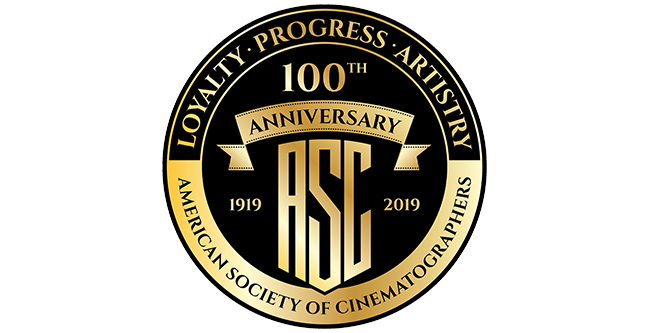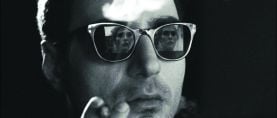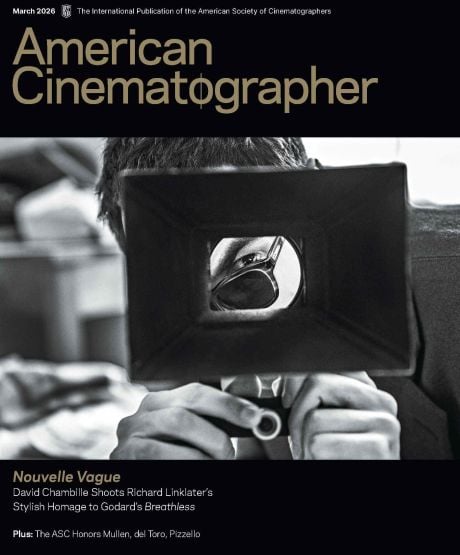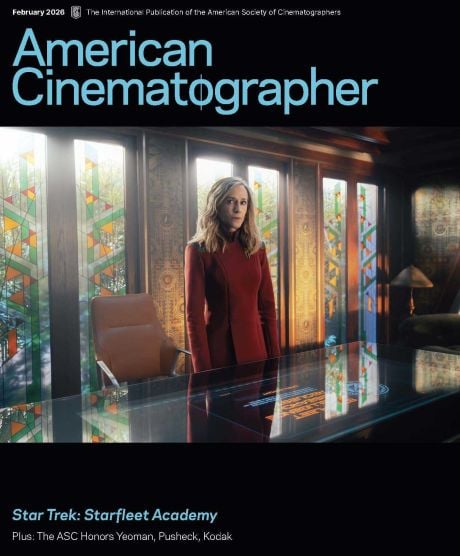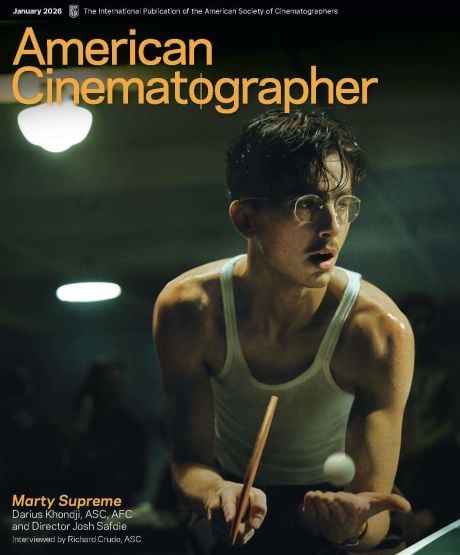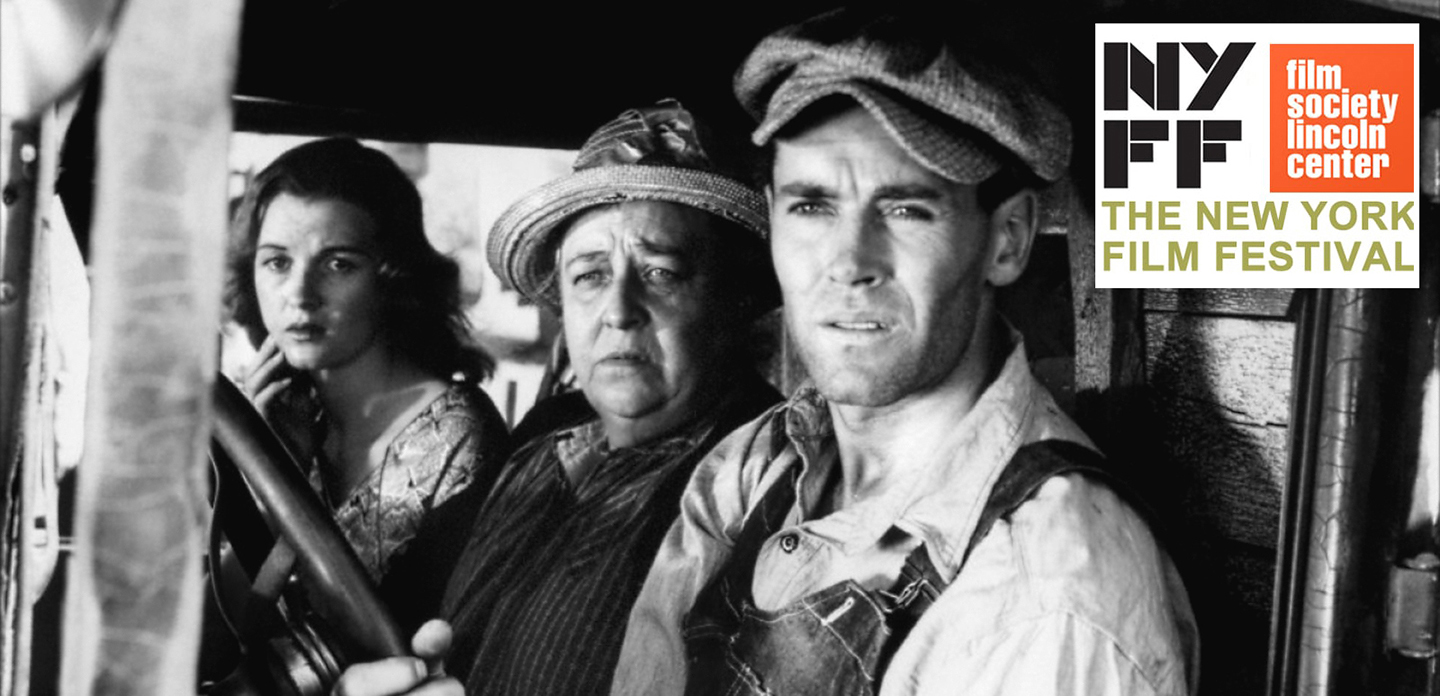
New York Film Festival Celebrates ASC Centennial with Special Program
A 12-film showcase (screening Sept. 27-Oct 13) makes for a great opportunity too see outstanding cinematography on the big screen.
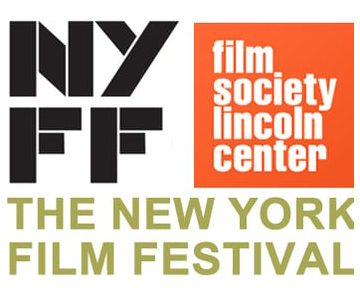
A 12-film showcase of exceptional cinematography makes for a great opportunity to see these titles on the big screen.
The 57th annual New York Film Festival — held September 27 through October 13, with screenings taking place at the Lincoln Film Center and the Elenor Bunin Monroe Film Center — has programmed a diverse array of 12 features intended to highlight outstanding cinematography and the work of ASC members.
As their “The ASC at 100” screening notes describe:
Since its founding in 1919, the American Society of Cinematographers has served as an integral presence within the film industry. The organization’s membership has included many of the cinematographers whose technical innovations and artistic contributions have defined what we think of as the visual language of American cinema. But the ASC has also been a vital community in which its members can exchange ideas and techniques, effectively shaping the history of cinema and its formal elements: composition, blocking, lighting, angles, camera movement, etc. On the occasion of the ASC’s centennial, the New York Film Festival pays tribute to the society with a selection of historically significant and brilliantly photographed films shot by some of its most notable members past and present.
Here are the NYFF listings on the dozen films to be screened in this series:
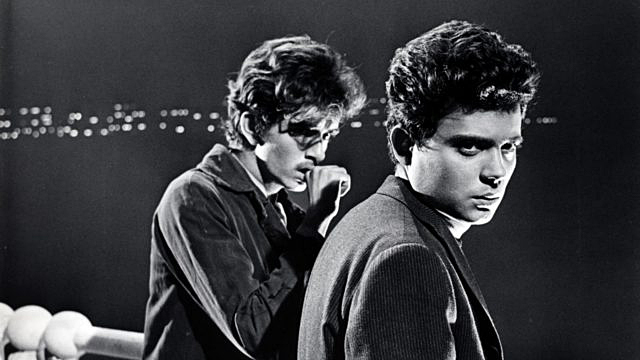
America, America (1963)
Director: Elia Kazan
Cinematography by Haskell Wexler, ASC
Haskell Wexler’s sumptuous and kinetic black-and-white handheld cinematography suffuses America, America with a spontaneous energy, greatly enhancing Elia Kazan’s turn-of-the-20th-century portrayal of an immigrant’s journey to a better life.
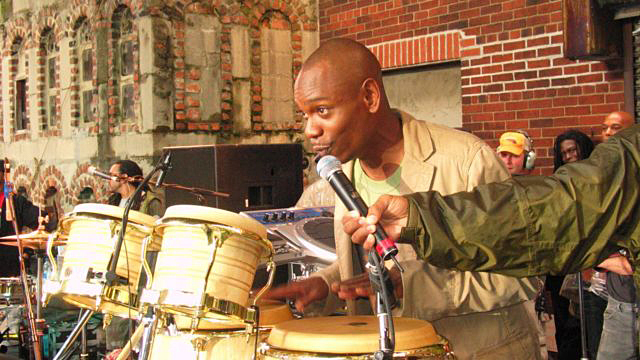
Dave Chapelle’s Block Party (2005)
Director: Michel Gondry
Cinematography by Ellen Kuras, ASC
Michel Gondry’s 2005 documentary of a free daylong performance in Brooklyn hosted by comedian Dave Chapelle abounds with life, energy, and rhythm—thanks in no small part to DP Ellen Kuras’s nimble camera, which captures the all-star concert as a kaleidoscopic, reverberant event.
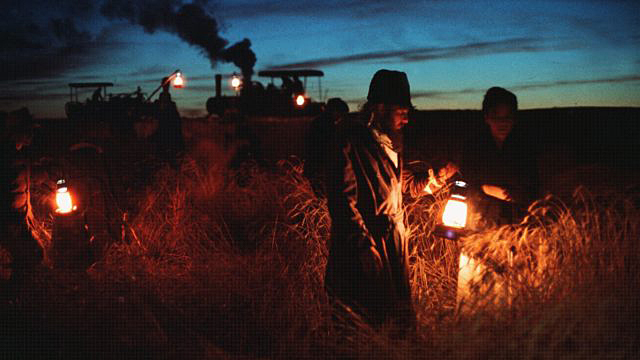
Days of Heaven (1978)
Director: Terrence Malick
Cinematography by Néstor Almendros, ASC & Haskell Wexler, ASC
Néstor Almendros’s first Hollywood film was Terrence Malick’s anticipated follow-up to his debut, Badlands. Hired by Malick for his sure hand with natural lighting, Almendros ravishingly draws out and amplifies the inherent beauty and poetry of Malick’s 1916-set story.
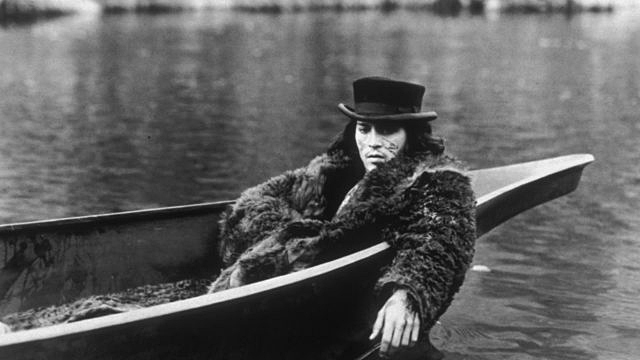
Dead Man (1995)
Director: Jim Jarmusch
Cinematography by Robby Müller, NSC, BVK
Jim Jarmusch’s hypnotic, parable-like, revisionist Western doubles as a barbed reflection on America’s treatment of its indigenous people and a radical twist on the myths of the American West, expressed in no small part by Robby Müller’s striking black-and-white cinematography.
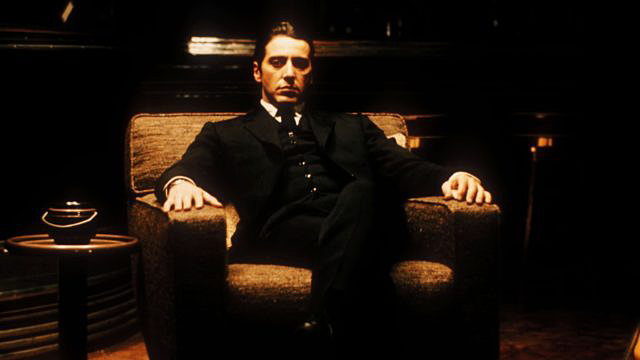
The Godfather: Part II (1974)
Director: Francis Ford Coppola
Cinematography by Gordon Willis, ASC
Francis Ford Coppola and Gordon Willis enjoyed one of the 1970s’ most defining cinematographic partnerships, and their most astonishing collaboration was the second installment of Coppola’s adaptation of Mario Puzo’s best-selling novel, lent unsurpassed dimension and atmosphere by Willis’s masterful compositions and lighting.
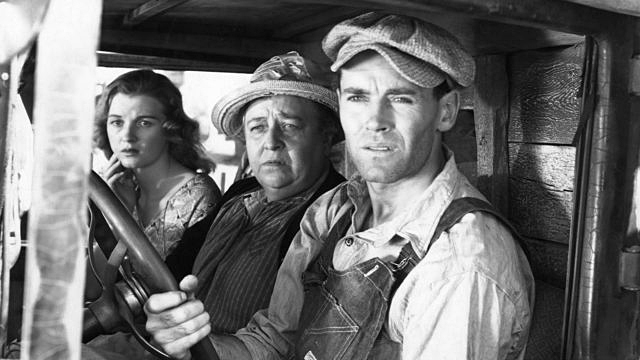
The Grapes of Wrath (1940)
Director: John Ford
Cinematography by Gregg Toland, ASC
Though Gregg Toland is perhaps best known for his work on such films as Citizen Kane and The Best Years of Our Lives, his camerawork in John Ford’s adaptation of John Steinbeck’s classic novel rates among the influential cinematographer’s greatest achievements.
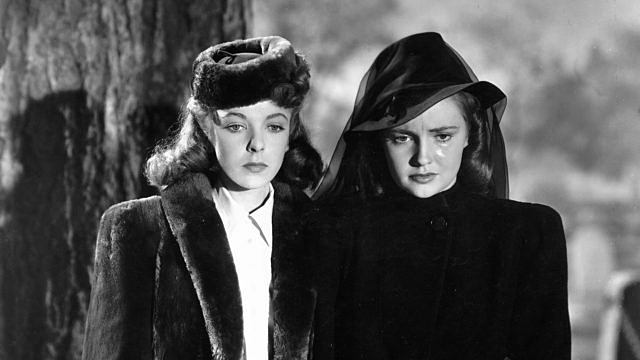
The Hard Way (1943)
Director: Vincent Sherman
Cinematography by James Wong Howe, ASC
The pioneering Chinese-American cinematographer James Wong Howe shot more than 130 films during his distinguished career—perhaps none as engrossing and entertaining as Vincent Sherman’s 1943 genre-melding musical melodrama.
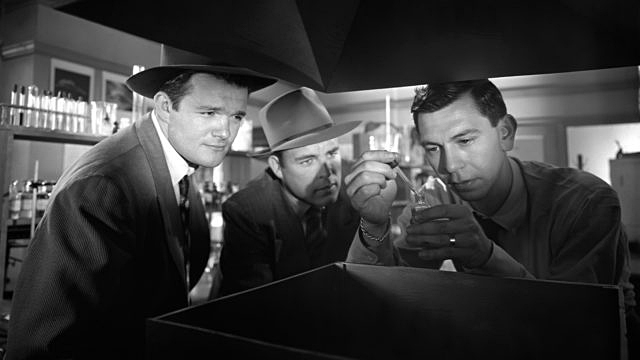
He Walked by Night (1948)
Director: Alfred L. Werker
Cinematography by John Alton
Alfred Werker’s pseudo-documentary noir, a lean, mean thriller concerning a petty thief (Richard Basehart) who kills a cop and roams Los Angeles, represents one of cinematographer John Alton’s crowning achievements, an endless, anxious maze of urban shadows.
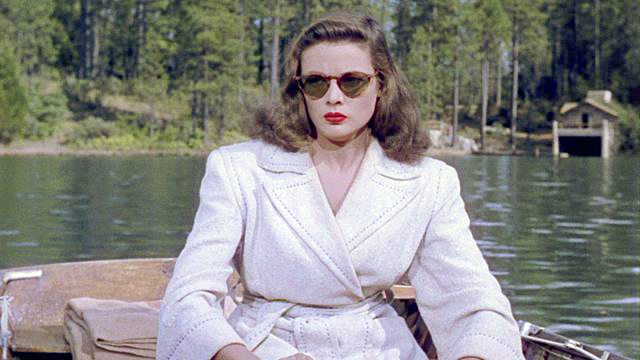
Leave Her to Heaven (1945)
Director: John M. Stahl
Cinematography by Leon Shamroy, ASC
Leon Shamroy’s Oscar-winning work on Leave Her to Heaven marks a historically inspired attempt at a kind-of squaring of the circle: shooting a gripping noir—with Gene Tierney as a murderously selfish femme fatale—in vibrantly beautiful Technicolor.
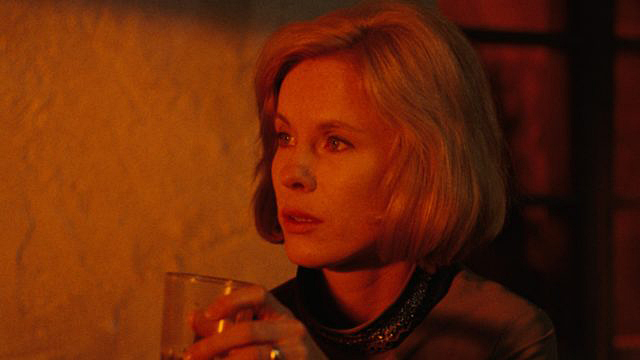
The Passion of Anna (1969)
Director: Ingmar Bergman
Cinematography by Sven Nykvist, ASC
Filmed by Sven Nykvist on Fårö, Ingmar Bergman’s bleak island home, The Passion of Anna is the case history of a contemporary Everyman, one Andreas Winkelmann (Max von Sydow), a lost soul ricocheting emotionally among a trio of equally damaged folk.
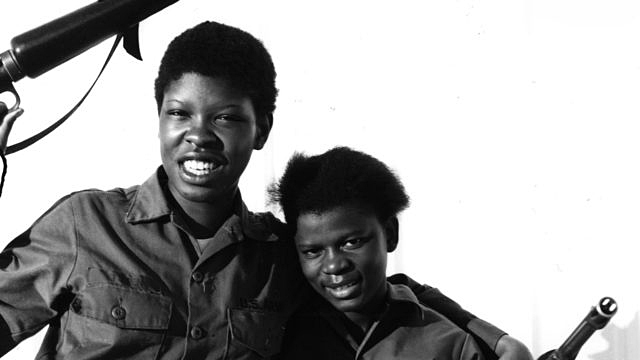
Soldier Girls (1981)
Directors: Nick Broomfield, Joan Churchill, ASC
Cinematography by Joan Churchill
Following a platoon of female cadets through basic training at Georgia’s Fort Gordon, Nick Broomfield and Joan Churchill’s 1981 documentary endures as a comical and often critical look at the military industrial complex. Churchill’s dual role as cinematographer and director intensifies her already complicated relationship to the subject.
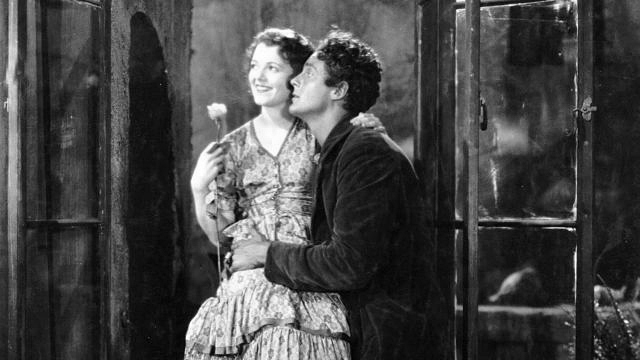
Street Angel (1928)
Director: Frank Borzage
Cinematography by Ernest S. Palmer, ASC and Paul Ivano, ASC
Brilliantly shot by Ernest Palmer and Paul Ivano, Street Angel has endured as one of Borzage’s most transporting and affecting weepies, about a young woman (Janet Gaynor in an Oscar-winning role) forced into a life of crime by her ailing mother’s escalating medical costs.
Acknowledgments: Denis Lenoir, ASC; Department of Communication Arts at the University of Wisconsin-Madison; UCLA Film & Television Archive
Note that each of these titles will be screening only once during the fest. You'll find complete scheduling details here.
